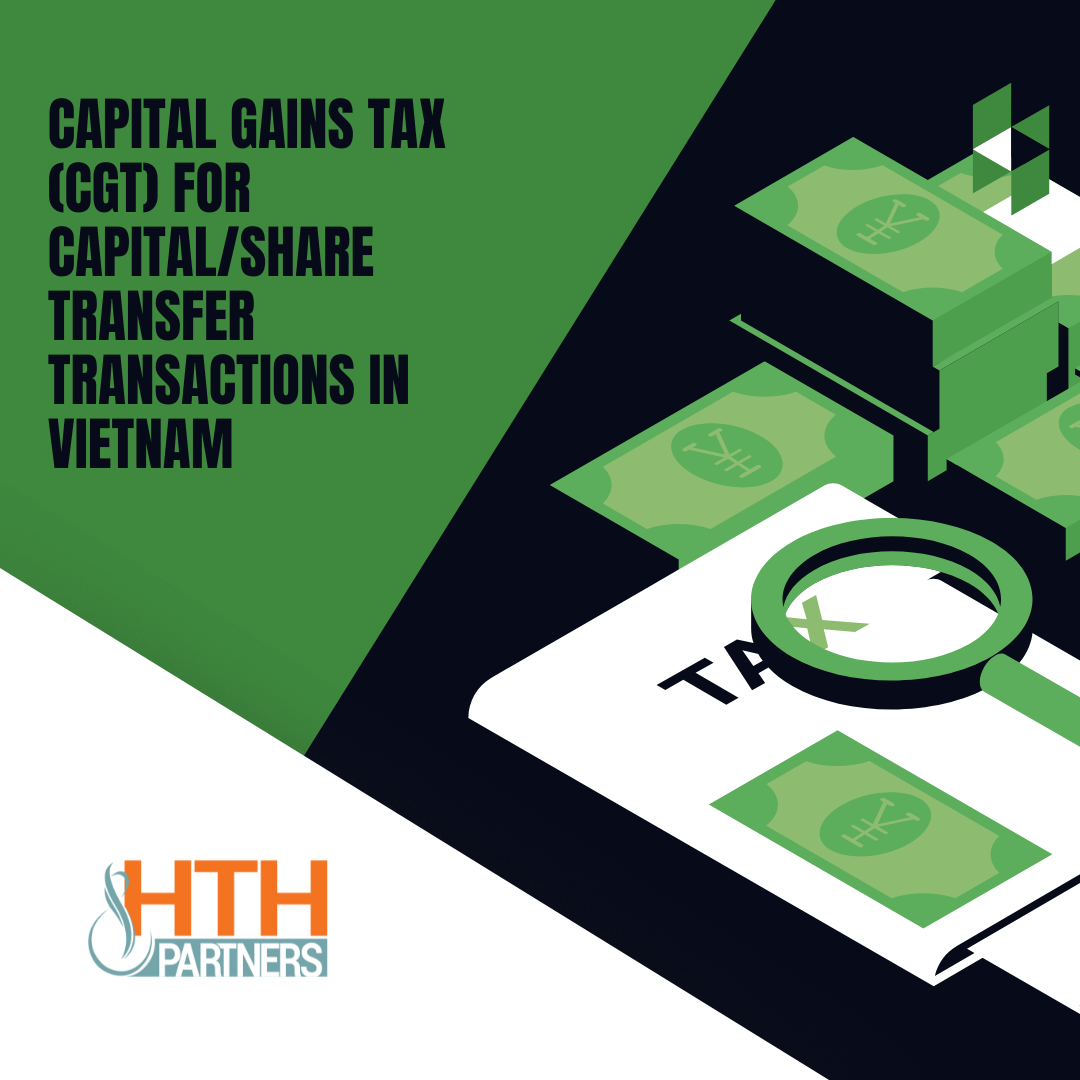Numerous foreign investors, after a period of operation/investment in Vietnam, consider an exit or divestment strategy. The typical approach involves transferring their equity interest in a Vietnamese project company to another investor. In doing so, the transferor may be subject to Capital Gains Tax (CGT) in Vietnam on the gain derived from the transaction.
One of the most frequently asked questions I received is whether an investor can transfer capital at a loss (i.e., the transfer price is lower than the original capital contribution) to avoid paying CGT, or at a no-gain-no-loss position.
The short answer is yes, this is possible provided the investors/sellers can substantiate the tax position to the satisfaction of the Vietnamese tax authorities. Under Vietnam’s tax administration laws, the tax authorities have the right to challenge the declared transfer price and substitute it with a “market price” if they believe the transaction does not reflect arm’s length value.
Another common question is whether engaging an independent valuation firm to appraise the project company can help justify the transfer price/consideration in the SPA. By laws, such a valuation is optional and not legally binding on the tax authorities. As such, while a professional valuation report can support the seller’s position, it does not guarantee acceptance by the authorities.

Capital Gains Tax (CGT) for capital/share transfer transactions in Vietnam.
In our 20 years of experience, we have seen numerous cases where the tax authorities have aggressively challenged capital transfer price/consideration in the SPA, especially those reported at a loss or at a no-gain-no-loss position. In such situations, a well-prepared and professionally presented explanation is critical to obtaining acceptance from the tax authorities.
If you would like to explore this topic further, please feel free to contact us at:
jamesphan@hthpartners.com.vn or legalenquiries@hthpartners.com.vn



